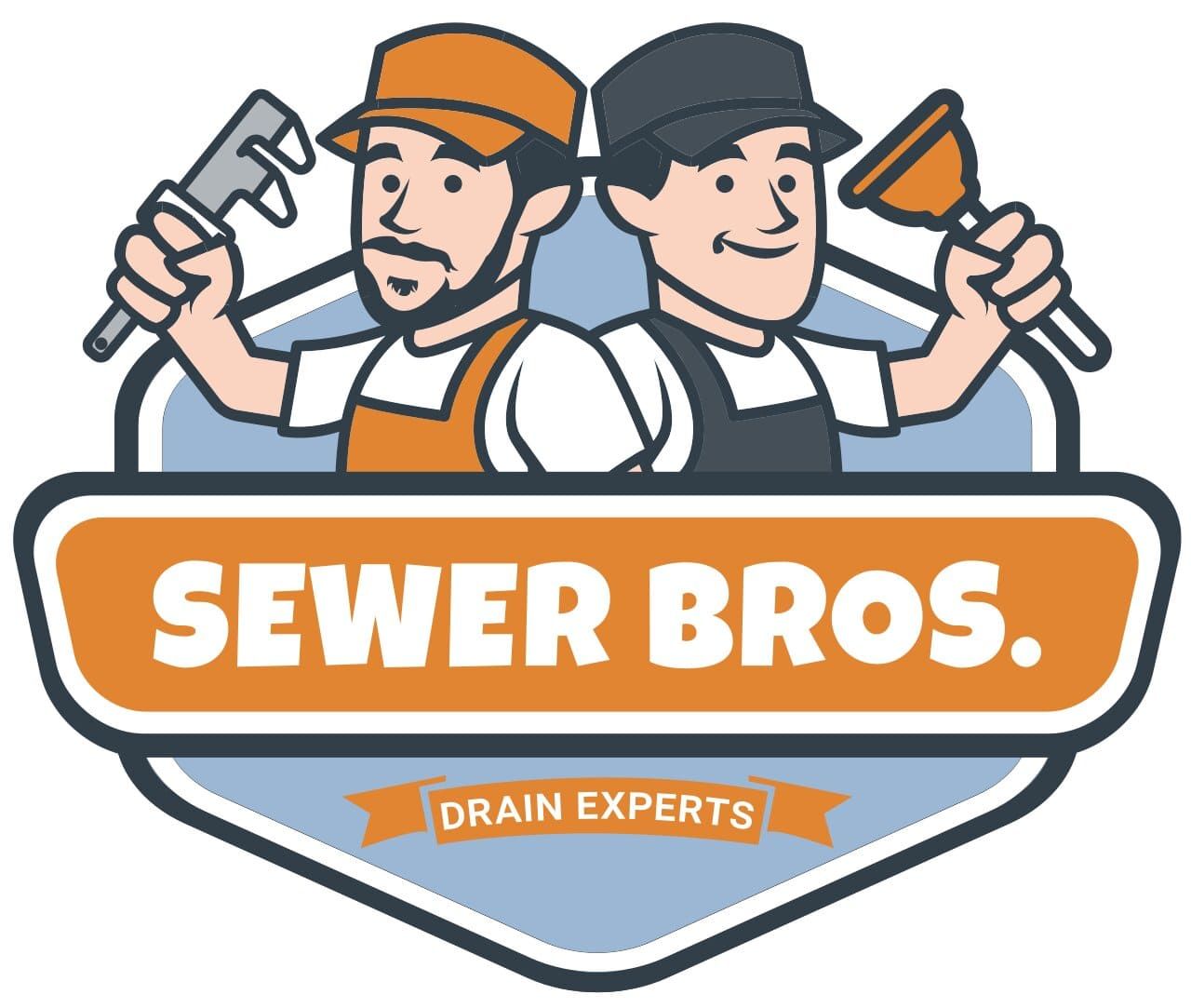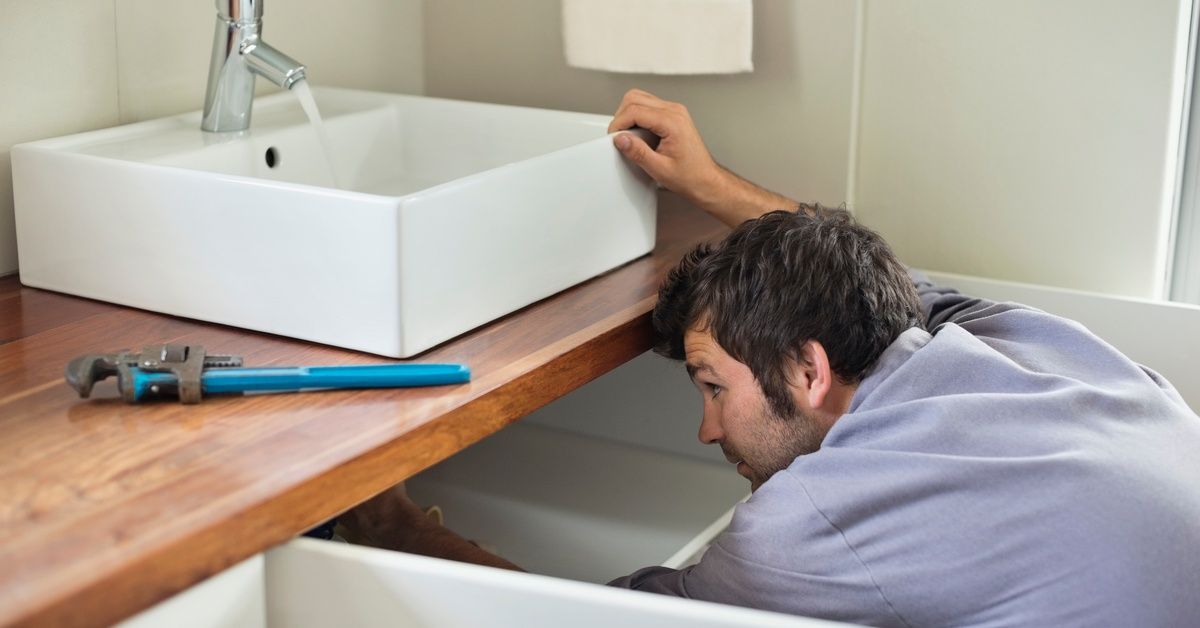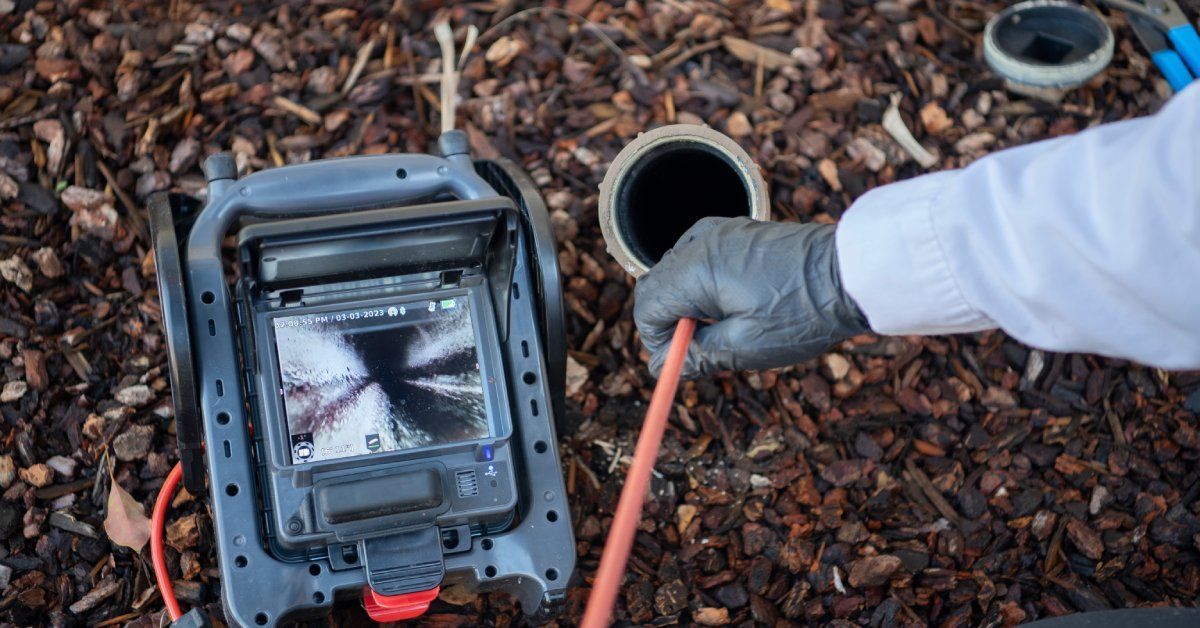Drainage Questions To Ask When Looking for a Home
Finding the perfect home is an exciting process, but it also requires attention to detail. While there are many considerations involved in searching for a home, drainage is often overlooked until it becomes a costly issue. Before finalizing a purchase, it’s wise to prepare yourself with the right drainage questions to ask when looking for a home. These queries can save you from unexpected repairs and provide peace of mind as you move forward in your decision.
Is the Yard Properly Graded?
One of the foundational aspects of drainage for any property is the grading. A properly graded yard slopes away from the house, ensuring that water flows away from the foundation rather than pooling near it. A poorly graded yard can lead to a variety of issues, including basement flooding, foundation damage, and even mold growth. When inspecting a property, observe the yard’s slope. Does the ground appear to tilt toward or away from the house? If it’s unclear, don’t hesitate to ask the homeowner or real estate agent about the grading. They may have additional information about whether the property required grading corrections in the past.
Are There Signs of Water Damage Around the Foundation?
Even if the grading looks acceptable, it’s important to inspect the foundation for potential signs of water damage. Check the foundation for cracks, discoloration, or visible moisture—these may indicate long-term drainage problems that have not been properly addressed. Additionally, ask if the foundation has undergone repairs. If so, find out what measures were taken to fix the issue and whether any warranties for that work are still valid. While visible signs of water damage might seem easy to spot, some issues are subtler and might require further investigation from professionals. It’s always smart to ask pointed questions to get full clarity.
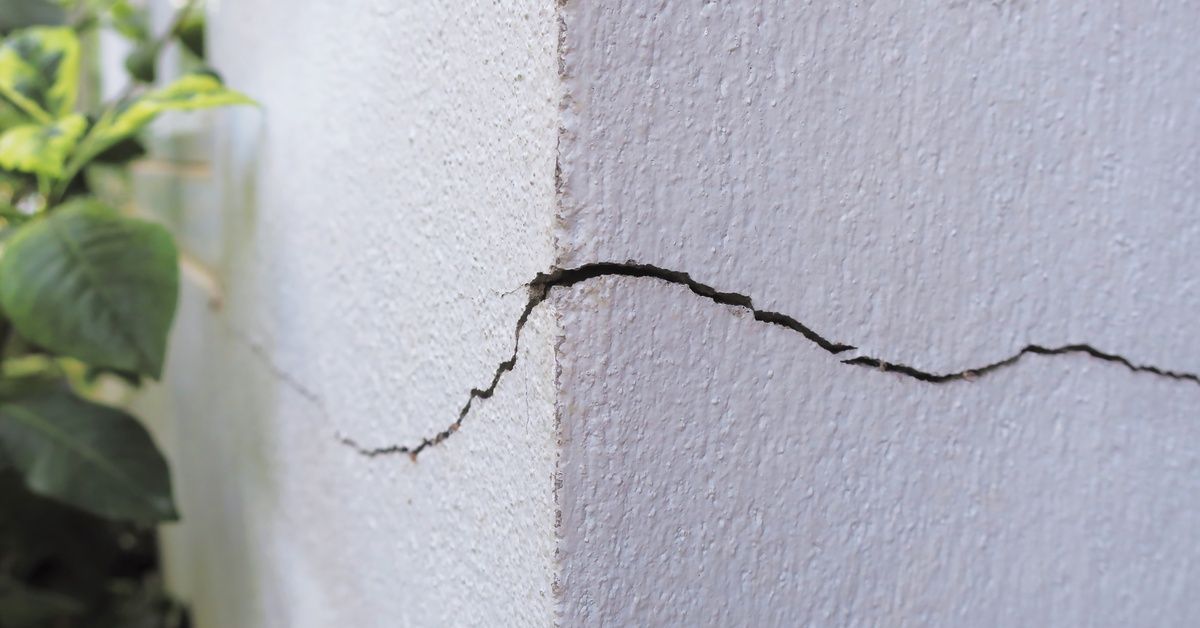
Is a Sump Pump Installed, and Is It Functioning Properly?
Basements are particularly susceptible to water intrusion, making the presence of a sump pump a key consideration. If the home has a basement, ask whether a sump pump is installed and when it was last serviced or replaced. A functioning sump pump can be a valuable feature, as it helps protect the basement against flooding during heavy rainfall. However, if the homeowner can’t guarantee its functionality or neglects regular maintenance, it could pose a risk. Speaking honestly with the seller can help you determine whether investing in a replacement down the line is necessary.
What Drainage Systems Are Currently in Place?
The drainage system of a home plays a critical role in managing water flow, particularly during storms. Ask direct questions about the property’s drainage setup. Does the home use gutter systems, French drains, or other specific solutions to mitigate water pooling and redirect it effectively? Additionally, inquire about routine maintenance performed on these systems. When aspects of the drainage infrastructure are neglected, even the most sophisticated systems can fail. It’s also worth noting that some houses may include unique drainage elements specific to their location or architecture, so tailor the discussion to the particular property in question.
Have There Been Any Drainage-Related Repairs or Issues?
A home’s history often tells a story, and that narrative should include any past drainage problems or repairs. Ask whether the property has experienced issues in the past related to standing water, flooding, or erosion. If repairs were made, request details on what was done and whether the problems were fully resolved. Specific examples provide insight into the home’s current drainage situation and reveal whether lingering issues remain. Sellers are often required to disclose damages and repairs, but asking explicitly will ensure transparency and help you gauge if ongoing maintenance will be required.
Are the Gutters and Downspouts in Good Condition?
Gutters and downspouts may seem like straightforward features, but they are among the most vital components of a home’s drainage system. Important questions to ask about these elements include their age, maintenance history, and overall condition. If the gutters and downspouts are clogged or damaged, water may spill over and collect near the foundation rather than being guided away from the home. Be sure to check these features during your walk-through. Even if they appear fine, ask the seller or agent when the last cleaning or repair was done. This seemingly minor detail can make a big difference in preventing future water damage.
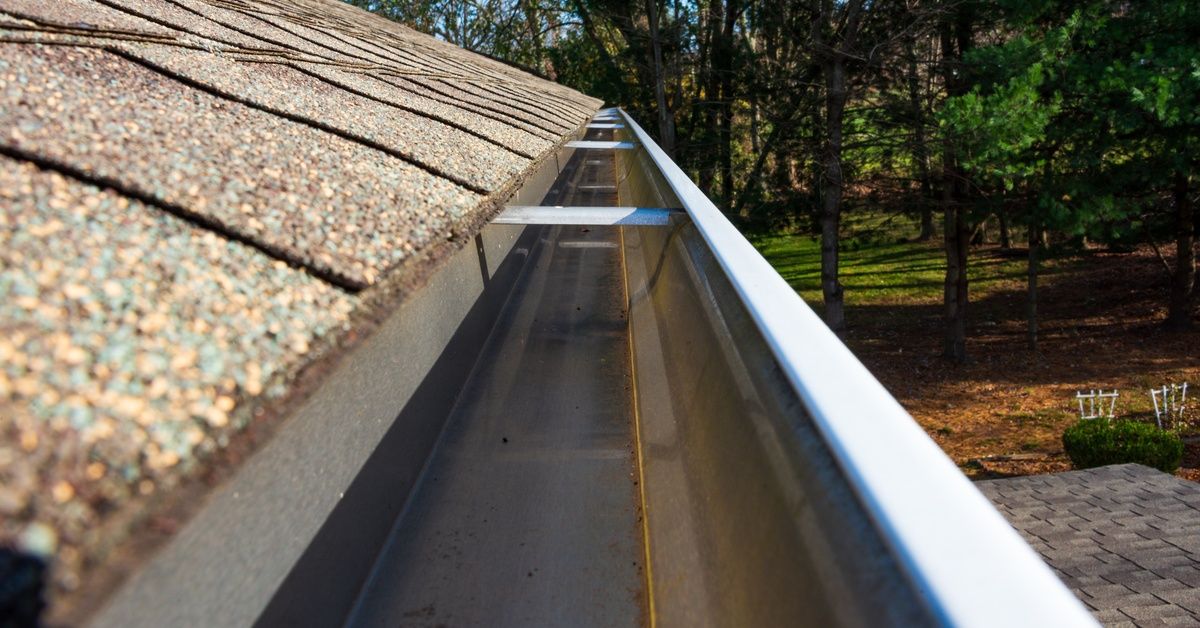
Does Landscaping Pose Any Drainage Challenges?
The property’s landscaping is more than just an aesthetic feature. It can also impact how water flows across the land. Larger plants or dense vegetation may obstruct drainage paths, potentially leading to water buildup. Ask whether any landscaping choices have required adjustments or caused challenges in the past. Trees near the house, for example, may have roots extending toward underground pipes, causing blockages. Additionally, inquire whether the property has retaining walls or specific features intended to address drainage needs. Understanding the interplay between landscaping and drainage will equip you with the knowledge to assess whether issues might arise.
Have Drainage Lines Been Inspected Recently?
As mentioned, drainage lines are often overlooked, but they are among the most significant elements in maintaining effective water flow around a property. Ask the seller if the drainage lines have been inspected recently and whether they’ve been cleaned or serviced. Problems with these lines can escalate quickly, leading to blockages or even flooding. If no recent inspection has been conducted, it might be a good idea to request one before purchasing the home. Sewer Bros’ residential drain line services in Salem, MA, include thorough inspections to identify potential risks and offer solutions, which can provide valuable peace of mind.
Is the Property Prone to Flooding?
If the home is located in a flood-prone area, that’s a crucial detail to be aware of upfront. Ask if the property has a history of flooding or water intrusion during heavy rains. Additionally, consult flood maps or inquire whether the home is in a designated flood zone, which may require flood insurance. This can have significant implications for both your decision to buy and the long-term expenses you may face. Some sellers or agents may downplay potential risks, so it’s essential to verify their disclosures against independent information.
What Preventative Measures Are in Place?
Finally, ask the homeowners or agents what, if any, preventative steps they’ve taken to ensure proper drainage. Whether it’s installing specific drainage solutions, performing regular maintenance, or addressing previous issues proactively, these details will give you a clearer picture of how the home has been managed. Preventative measures can indicate a responsible approach to homeownership, which is a great sign for future buyers like you. If no clear steps have been outlined, consider whether investing in preventative measures will be part of the initial costs you incur once you purchase the property.
Buying a home is a significant investment, and making sure that the property is free from drainage issues is a critical aspect of making an informed decision. Asking the right drainage questions when looking for a home will save you time, money, and stress in the long run. If you’re unsure about assessing drainage features on your own, hiring a professional to perform a thorough inspection can be a valuable step. Don’t hesitate to reach out to the experts at Sewer Bros for guidance and recommendations tailored to your needs.
